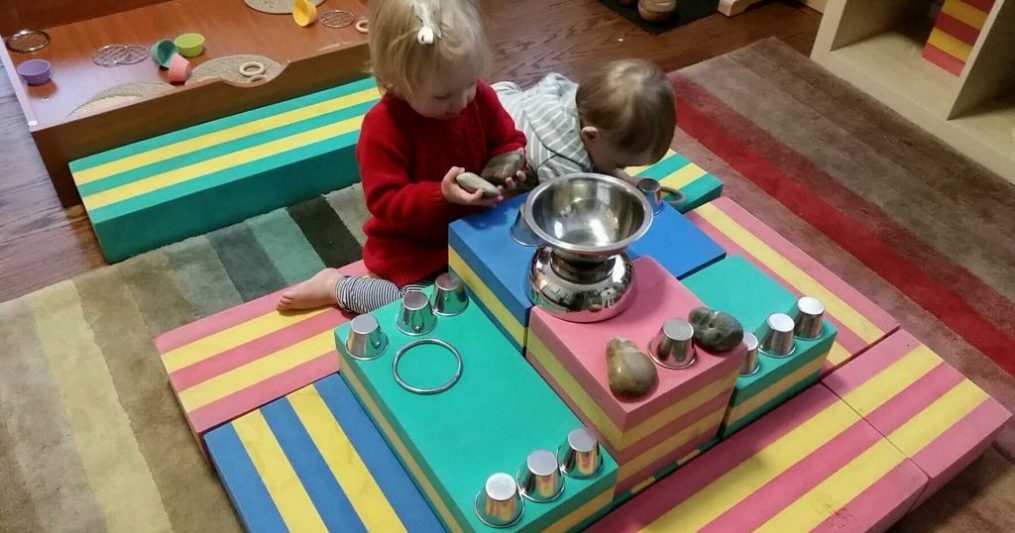Organic gardening can be a bit of a struggle for newbies before you learn about the tricks of the trade.
Master Gardener, Renee Lembcke suggests…
- Plant pest deterent plants such as marigolds, lavender, mint, lemon balm and lemon grass near your produce.
- Find plants who are fond of each other and plant them together.
- Spray plants with solutions of water, lemon EO, and dish detergent.
- Wash away bugs and keep compost burried beneath the top soil, too hot to for breeding, and keep the compost pile or bins away from favorite plants.
- Introduce preditor friendly habitates like praying mantis, ladybug and hoverfly homes, and also plant their favorite plants so they stick around – Poppy, Calendula, and Nettles.
- Don’t sweep away the spiders until it’s time to harvest and when you do, let the spiders go back to the surrounding plants where you found them so they may continue to thrive and work for you.
- Hang fly traps, like glass bottle traps just a bit away from your garden.
Spray plants with a garlic, water, cayenne pepper and dawn dish soap solution. (7 large pureed garlic cloves, 1 gallon of water, 1 tsp cayenne, 1/4 cup of dawn. Strain after 24 hours to use.)
Owner, Susan Bernstein suggests…
- Keep the soil at the base of plant free from fungus and mushrooms by maintaining propper spacing between plants.
- Set up slug traps in shallow dishes, buried so the rim is about even with the top soil level and fill with beer. even with top soil level and still with beer.
- Create copper pipe or sheet metal rings around slug favorite crops.
- Place upside down mesh laundry hampers over plants before butterflies and moths find them or erect butterfly netting around plants so butterflies and moths don’t lay their eggs on your plants which will soon turn into hungry caterpillars.
- Sprinkle eggshells or hair boundries around the base of plants to create a border.
- Wrap valuable produce to keep insects off.
- Allow chicken to visit your property for a feast.
- Set up chicken wire fences around your property to keep out little hungry critters.
- plant a few vinegar soaked corncobs in between plants .
- sprinkle some pepper flakes over the dirt .
- plant clover in another part of your garden severe Travis have something more delicious to eat then your crops .
- To keep cats from digging in your yard, take a few handfuls of thin stick or skewers and stick them in the dirt at various angles. The sticks will make it so kitties won’t be able to find a clear space to squat and plan their digging.
- Plant vegetables in raised garden beds and line the bottom mesh wire so moles don’t up root them in the course of their tunneling and digging.
- When your plants die don’t leave them around for bugs to eat .
- Mulch and natural compost to keep weeds down. (Mulch in pathways, compost around your plants) .
- Only till/turn soil in the spring and fall. Turning your dirt too often buries seeds that are not visible to the eye, creating more weeds to pull .
- Water in the morning to help prevent fungus and root rot .
- Plant rabbit gardens first. Pots of lettuce, peas, etc. that are easily accessible, and near your garden. Let the animals find this treat before you plant your food. Make sure you maintain and continuously plant the rabbit garden throughout the season. As long as food is accessible and in the same place, they will continue to visit their garden to eat and leave your stuff alone.
Plant a row of sacrificial plants, like radishes, around your garden to distract bugs for more precious crops.
Gardener, Jessica Cannaday suggests…
